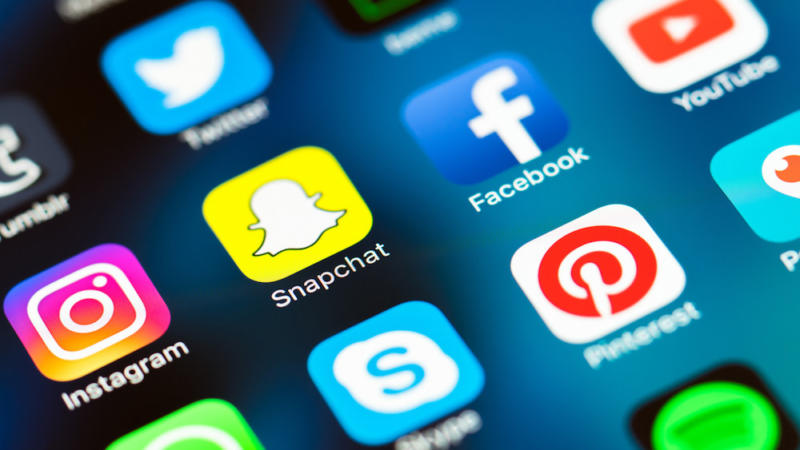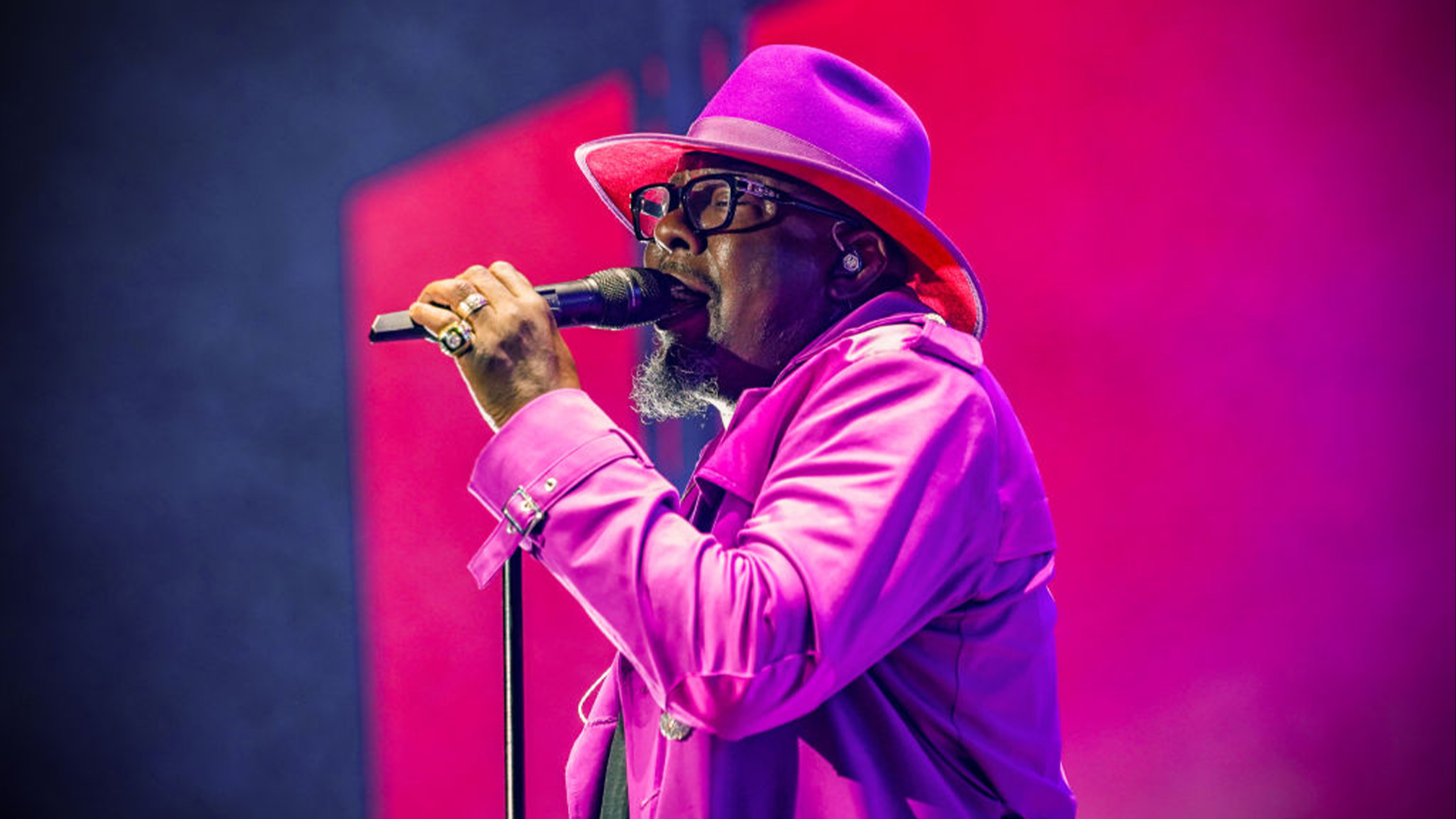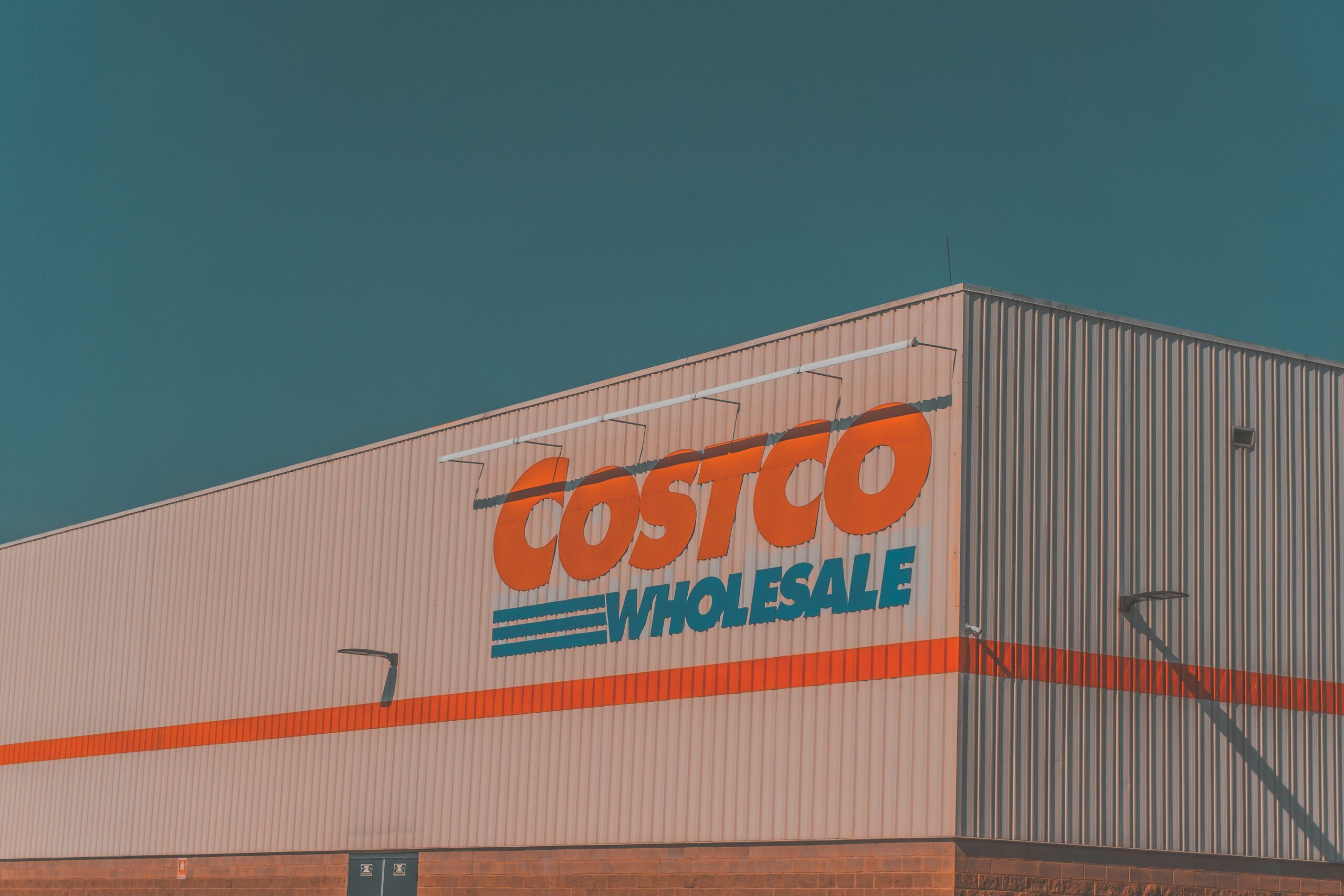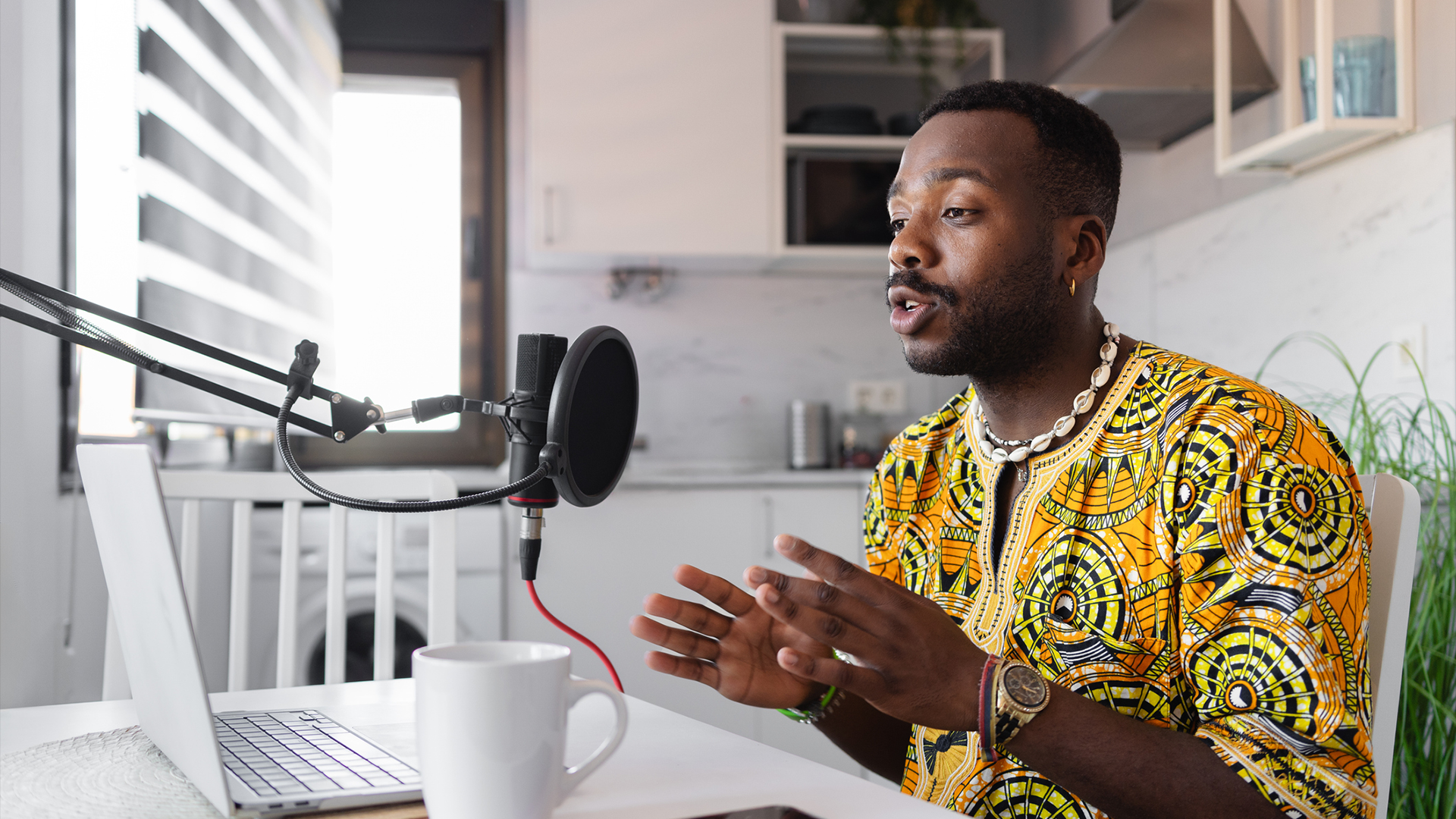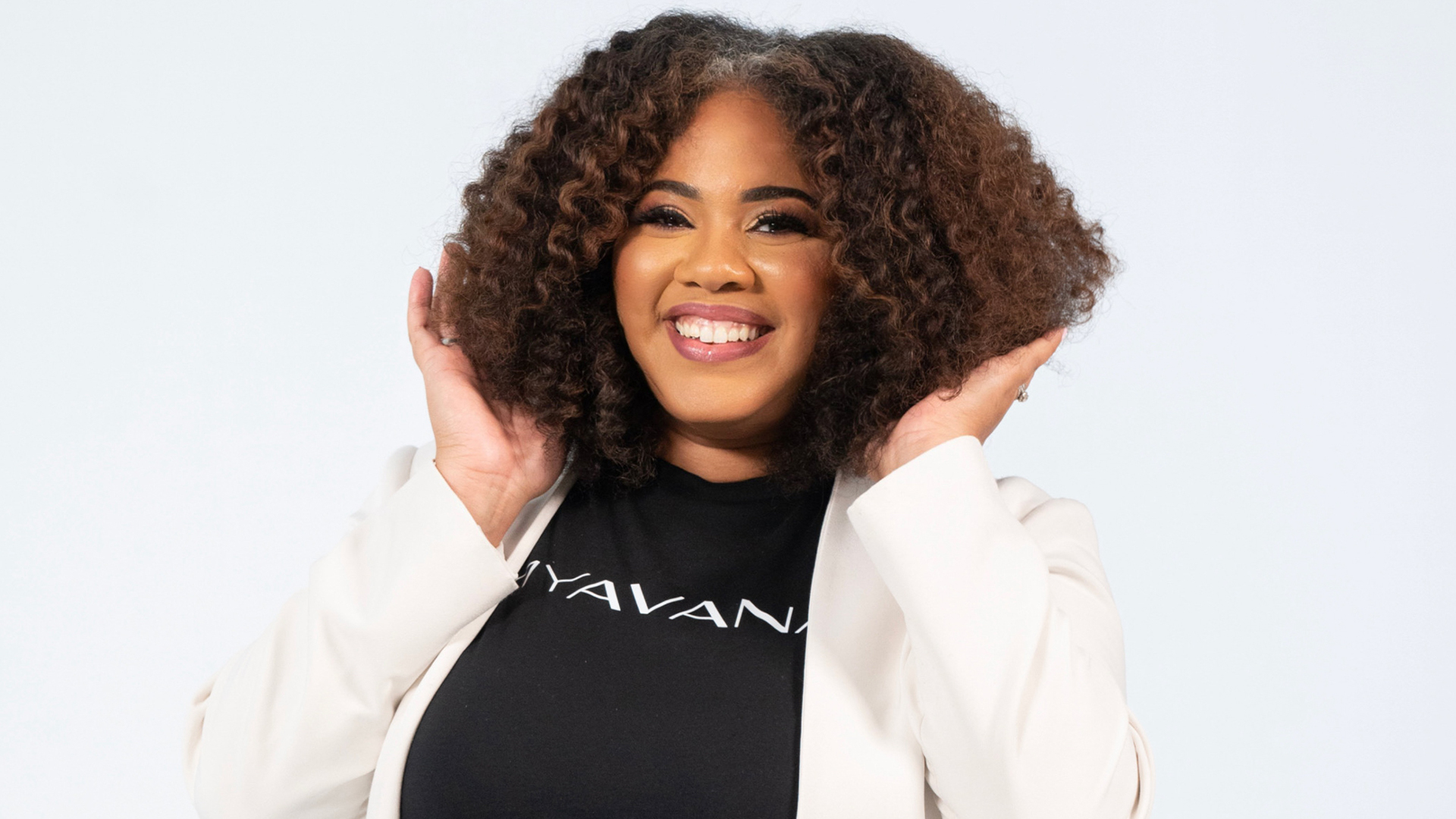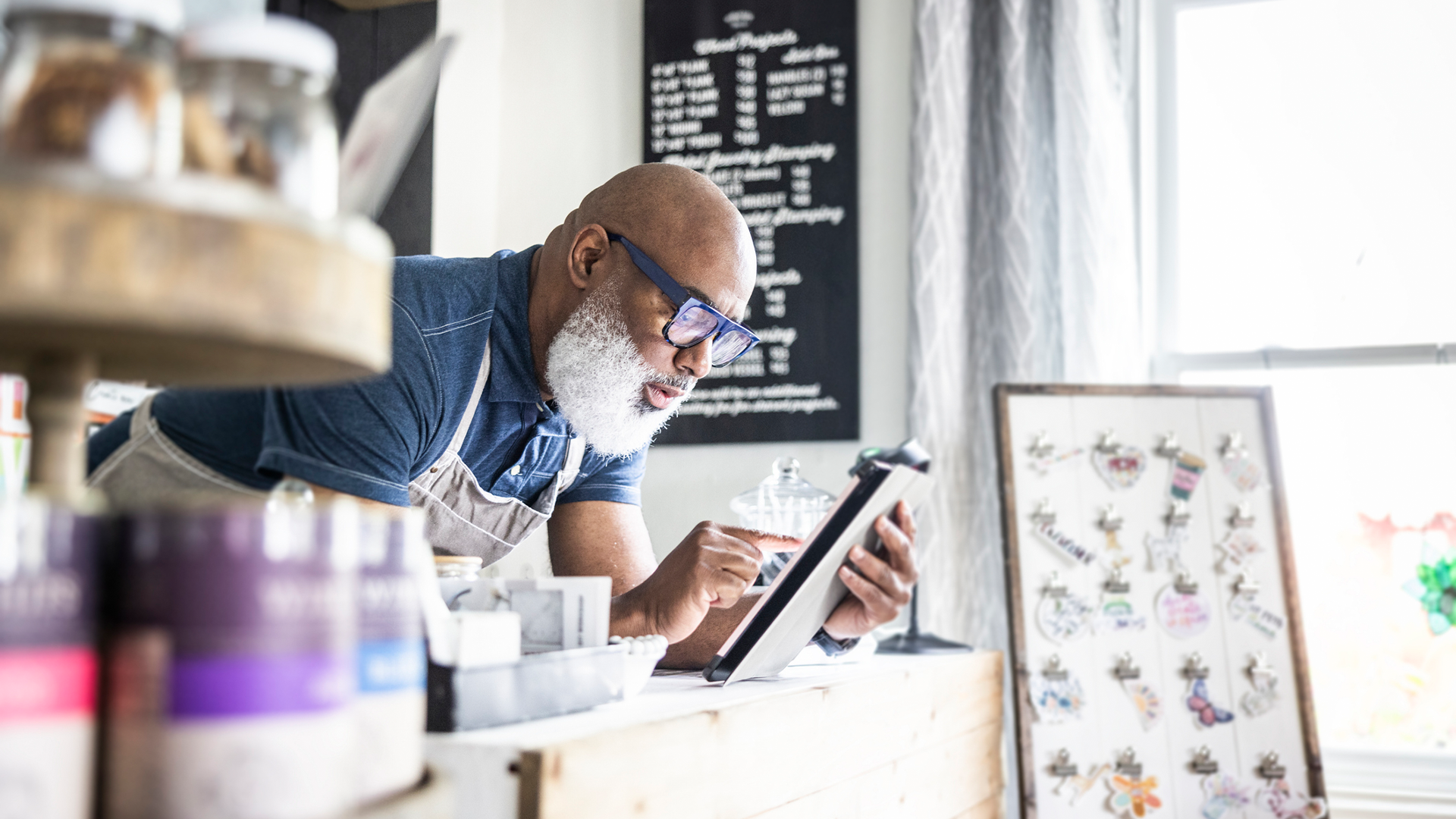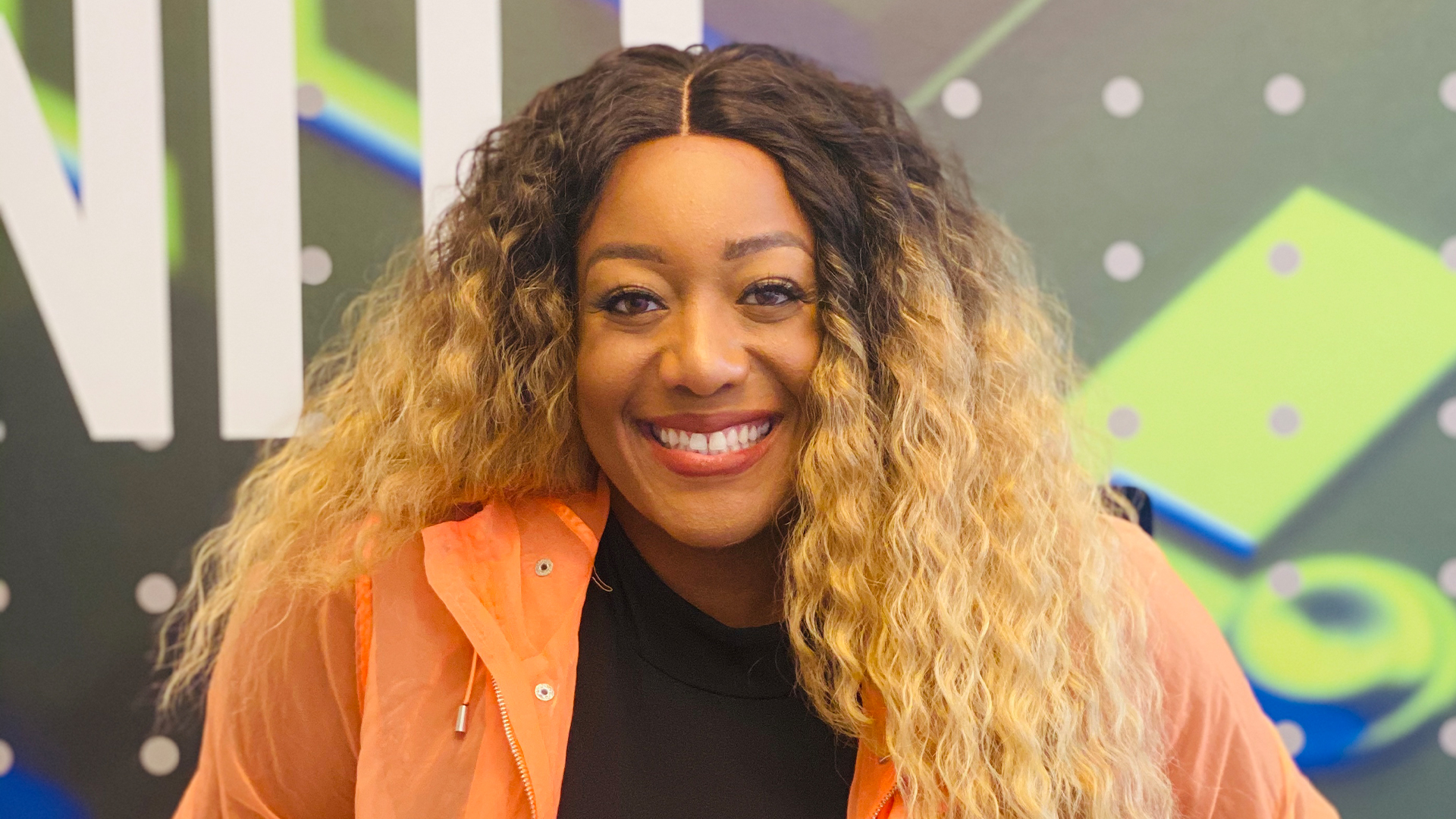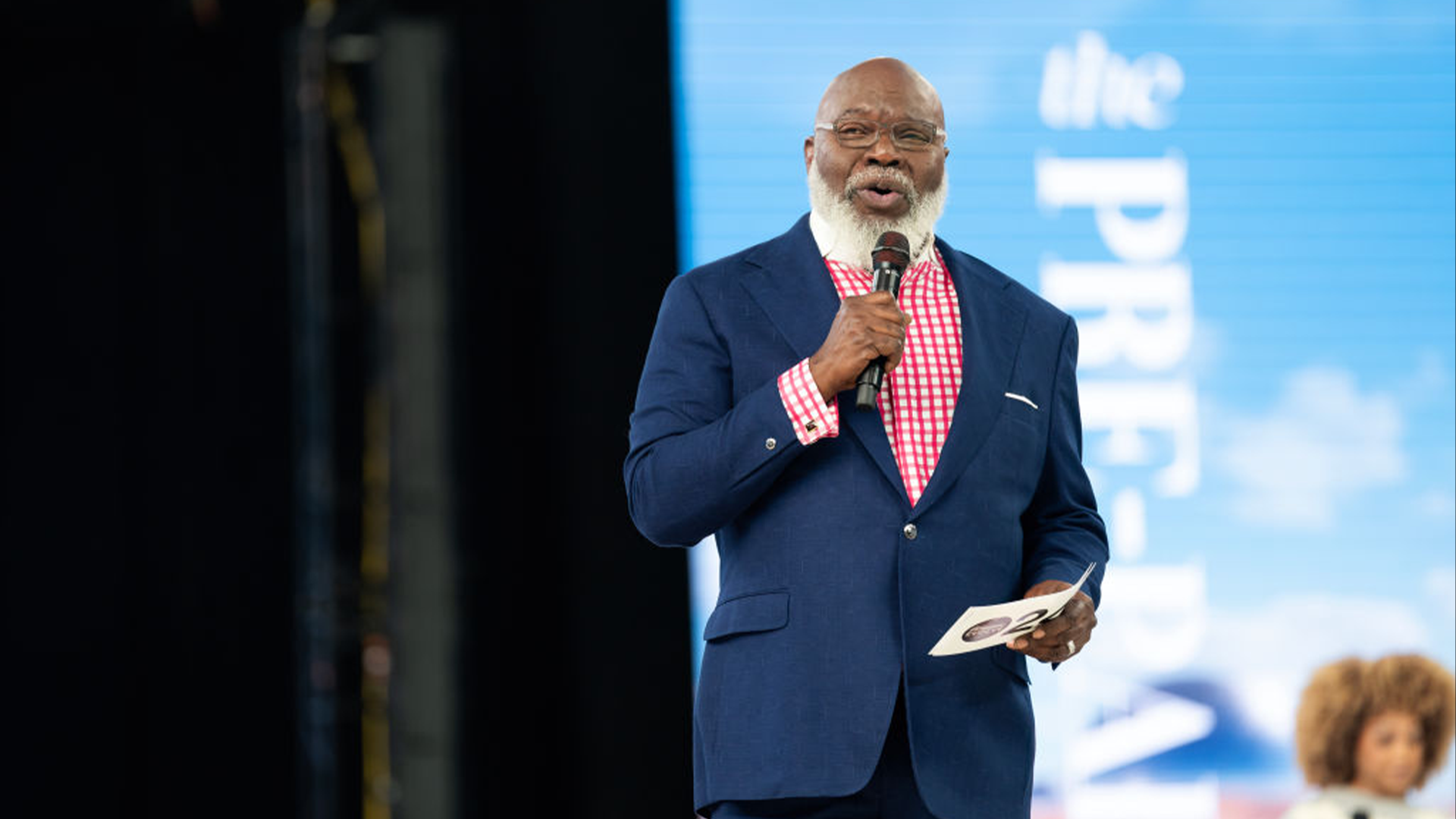Ideas are our best currency. There are few things more sustainable than a great idea because a great idea can become a life force of its own. It can stimulate. It can inspire. It can motivate. It can snowball into a unicorn. And, most importantly, as Rick Fedrizzi writes, a single great idea can act as the broad shoulders upon which any number of newer, bolder and even better ideas may one day perch. Ideas are not just the fully fleshed out business plans that we implement, or the final products that we market and sell. Ideas are the thoughts that we sporadically purge onto social media during our mindless commutes. They are the conversations that we share with our internet friends, the jokes we spew after a funny pop culture moment, and they are the motivating force behind the physical manifestations of our creativity. Take, for instance, the eleven year old Walmart yodeling kid.
On April 1, Mason Ramsey went viral for performing a cover of Hank Williams Sr.’s “Lovesick Blues.” On April 10, Ramsey appeared on Ellen Degeneres’ top daytime television show . He performed, was surprised with an invitation to sing at the Grand Ole Opry, given an additional opportunity to sing on Facebook Live at his local Walmart in Harrisburg, Illinois, and gifted $15,000 in college scholarship money. On April 13, he performed at Coachella with Whethan. And, on April 30, Ramsey signed two record deals — one with Atlantic and the other with Big Loud. The idea to sing in a Walmart grocery aisle blossomed into a national platform and a drastically different quality of life in less than one month.
Ramsey isn’t the first to have a creative idea, nor is he the first to find success after going viral on social media. Bhad Bhadie, also known as the “catch me outside” girl, saw similar overnight stardom, snagging a record deal just a few months after appearing on Dr. Phil. However, black creatives are not seeing this same immediate catapult to fame. Moreover, Black Twitter is not reaping the financial benefit of its viral success. Stereo Williams
writes that mainstream media platforms mine Black Twitter for content and ideas. Stories, colloquialisms, dances, skits, music and popular hashtags become fixtures on the nightly news. In fact, Twitter is breaking stories hours, and sometimes days, before mainstream news outlets, but these brands aren’t effectively recruiting black talent, if at all. So, the contrast cannot be attributed to a lack of profound ideas in the black community. Instead, the contrast is in the strategy for capitalizing on viral momentum. I spoke with Trezanay Atkins, litigation publicist, communications advisor and author of an e-book on understanding and protecting intellectual property, about how to monetize viral content.
Cory Lancaster: Hi, Trezanay. It’s so great to speak with you. Thank you for chatting with me!
Trezanay Atkins: Hi, Cory. No problem. This topic means so much to me, so I’m happy to share.
CL: So why is it that black creatives are not reaping the financial benefit of their viral success in the same way as their white counterparts?
TA: There is a legal and business ignorance in the black community. We just don’t have the same awareness of the legal infrastructure, business infrastructure or the resources it takes to capitalize on attention and propel that creativity into mass markets. What we’re seeing with social media and digital spaces is the same thing we saw, and continue to see, in the music industry; broke creatives with extensive contracts and immense notoriety.
CL: So how can creators be paid for their viral content? What laws are protecting our viral ideas?
TA: Copyright Law, Trademark Law and Right of Publicity Law. These are the three main laws that govern how creators can be paid. Copyright Law says that the law will protect any original creation that you make that is original to you that is fixed in a tangible form. You will own all the rights in that particular work of expression, and in owning the rights to that particular expression, you can exploit that work for financial gain. Trademark Law says that if you create a brand identity, the law will protect that brand identity to (1) show people that it is signaling the source of a product or service and (2) to prevent other people using it with similar products and services. Right of Publicity Law says that governing authority recognizes that you should be able to control your name, image and likeness with regards to other people trying to use it for commercial exploitation. Therefore, the law allows you to have a financial interest in how your personal identity is used so that you can control the profit of your personal identity.
CL: Let’s talk explicitly about the role of social media in all of this. Twitter, Instagram and Facebook are platforms for social engagement and brand marketing, but do the terms and conditions strip away content ownership from users?
TA: The terms and conditions do not strip ownership away from you. However, by posting on the platform you have agreed to no longer be in charge of its use. For example, let’s consider a photo of your face. Once that photo is posted on social media it is licensed to the platform to use royalty free without any payment owed to the photographer or the person(s) in the photo. Posting also allows platform users to like and share content with no payment to the original poster. At this point, the only way to utilize the law to monetize this content is if a person or brand identity takes the image and puts it in an advertisement with your picture monetizing their widgets or services.
Simply put, a person is not entitled to anything just because the content has gone viral. At the same time, copyright law, trademark law and right of publicity have their limits. For example, hashtags by themselves are not covered under any of these protections. So, they must be seen as pieces of viral content that can be strategically let go for free in order to raise brand awareness and increase social engagement. Hashtags are only protected to the extent that they are already a brand identity and are covered by trademark law. This gives the owner of the brand identity the right to control the hashtag’s use — specifically its commercial use (e.g. #pepsi, #naacp).
CL: So how does Black Twitter monetize its movement?
TA: By staying reading to monetize. First and foremost, be sure that you’re ready to be promoted as talent. No one can predict when they’ll go viral but in the case that you do, put an email address in your bio. Turn on your direct messages. You want to be in a position to receive help in the form of talent management, agents, publicists, attorneys, etc. Next, make a website with your own hosting so that you can control the content that you don’t want to give away for free (i.e. books, apparel, any products or services). It’s also helpful to be aware of licensing companies that pay for viral content (e.g. viralhog.com, junkinmedia.com). These companies offer varying payment arrangements in exchange for the service of policing the use of your viral content. If you’re not open to having conversations with strangers on social media or paying for a third party service, align yourself with people in these professions so that you can monetize the newfound fame that is coming to you. Once you notice viral momentum, ask for support. “Can you strategize with me on how to protect this content and capitalize on this fame so that I can make money?”
CL: It seems that ignorance is not the only barrier to success in this space. Money is an enormous barrier to entry in early entrepreneurship, as is time. I’m sure there’s also even a general skepticism when established talent professionals reach out, which probably fuels the idea that one should market themselves alone and that they can market themselves alone.
TA: Having a team is not a bad thing. You need a team. And the right team will invest in you — talent management, corporate publicists, attorneys, etc. For $20/month, or less, you can create a website on Squarespace, Wix or WordPress. Having a website brings legitimacy to you as a content creator and, therefore, elevates the quality of professionals approaching you during your viral moment. The website doesn’t need to be perfect. Just create a landing page with your contact information, picture, bio and the viral content. As soon as you go viral, go to the library or hop on your computer, create a free gmail for your brand identity, and put it in your social media bio. Spend five hours creating your website and put that in your social media bio too. Then be prepared to put out more content the next day.
CL: I think there is also a question of desert. Not everyone who goes viral is necessarily trying to capitalize on that fame or even believes that they have something worth monetizing. For example, a funny tweet may get 80k retweets and favorites, but that doesn’t mean the poster wants to be a comedian, or any form of entertainer for that matter. Following that thought, we all remember the “Eyebrows on Fleek” girl, Peaches Monroe. She never got her fair shine or credit even though her catchphrase blew up into apparel and brand marketing way after her viral moment. What can one do if they miss that viral window of opportunity?
TA: The best thing you can do after you’ve missed the viral wave is rely on the law. Do everything mentioned above to monetize your content. Then, be reactive in going after those who may have used the content in ways that legally entitle you to compensation — especially if they use your voice, picture, face or video in marketing or commercial exploits. Remember that if they tweet or publish your catchphrase, they are not required to credit or pay you (unless that catchphrase is a brand identity and covered under trademark protection). Therefore, there is no harm in taking simple precautions like creating your gmail and website and accepting help if it’s offered. It is easy to walk away from the snowball effect of fame after you’re already capitalizing on your viral popularity. It is very difficult to go viral organically a second or third time.
You can find Trezanay on social media @Trezanay on all platforms, and you can purchase her book here! You can also find me, Cory Lancaster, on social media @CoryOf82Tabs on all platforms.
